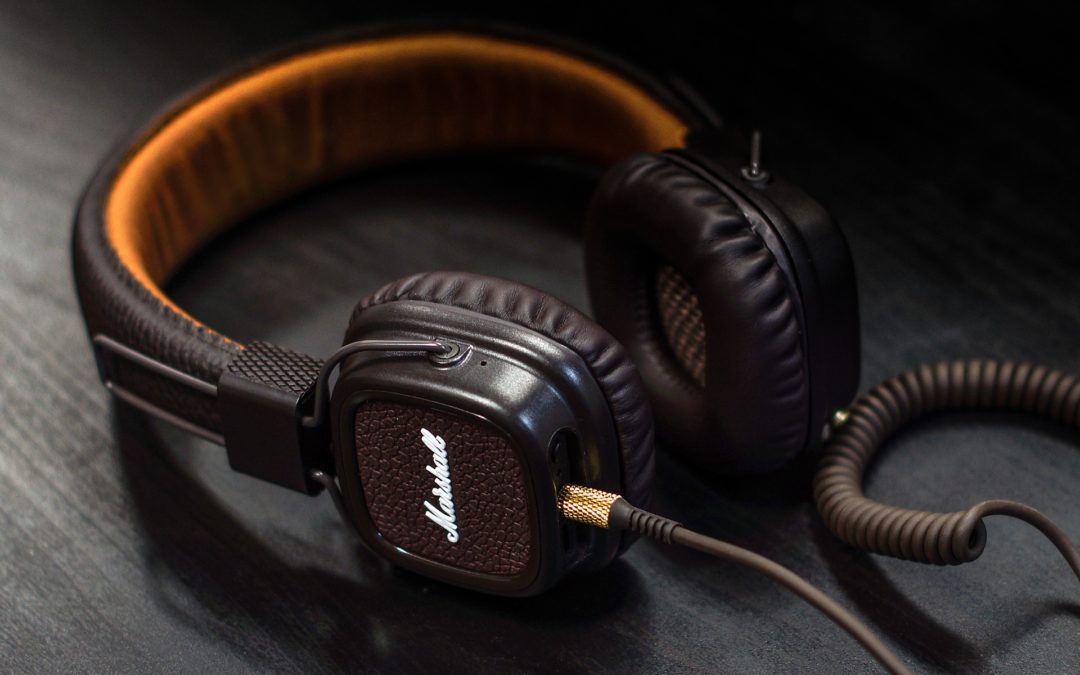Recently I’ve been focusing a lot more on writing, arranging and mixing, so it has me in a different mindset when I listen to music. I’m constantly listening for how things are fitting into the sound spectrum so that I can then apply the same principles. I think that the same is true for the guitar (or any instrument), when we listen to music, how can we do it in a way that is going to inform our output -our playing.
Listening to music is one of our best resources and so we must be sure not to waste this time when we are away from our guitars physically but use this time to learn. It should also be noted that while these principles are applicable to listening to a live band/musician, I’m writing much more from a position of listening to recordings.
1. What are they NOT doing?
This is what I have found to be most fascinating, we are generally always listening for what is there, but a lot can be told by what is not there.
It’s easy, especially as a guitarist, to want to fill space to make a song sound big and full, but is this what it needs? When you’re listening to your favorite tunes, listen for where the guitarist leaves space, how they do that, and then where he fills it, and how they do that. Is there even a solo? Or does the song not require it?
2. Tone
This one is quite obvious but one of the most important things to listen for as a guitarist. What does the guitar sound like? Not only by itself, but how that tone interacts with the other instruments – is it crowding other frequencies? Is it giving space to the other instruments or is it the kind of tone that helps it stay hidden or come forth in the mix.
The tone also applies to how the guitarist is playing with their fingers and right hand – how much are they digging in with their right hand? Is the left hand working hard or just grazing the notes? Is the vibrato busy or sweet and smooth? Is it eased in or present straight away?
3. Effects
Part of this ties in with the “tone” part just above but listening for what effects are on the guitar and how that affects where it sits in the mix. How much gain is on it? What is the delay or reverb doing? Are there other effects such as tremolo, phaser, wah etc.
4. Multiple parts
Most songs will have multiple guitar parts, that’s no big secret, but listening intently to the different role that each plays is important. Where in the soundscape and mix is each sitting? Also what’s important to listen for with this is how would you go about replicating this live? Which part is most integral to the song? As a guitarist, how would you play this part in a way that it doesn’t feel empty without the other guitar tracks in the song. As a simple example, if there is a lead line that is integral but doesn’t sit forward like a standard solo, it may need to be beefed up as though it was in a live context so that it doesn’t just leave the whole band sounding empty.
5. Busyness
Often when we are in guitar playing mode, it’s easy to just listen to how full the guitar sounds, often inclining us to play more than we need, there is often a tendency to freak out and not let a guitar ring out but keep it busy. So be intent on listening to what a guitar is actually doing in the wider context – are the notes and chords ringing out? Or are they filling up the space? Are the busy parts sitting forward or back?
6. Locking in
As I’ve said many times, rhythm and timing are extremely important, and so locking in to the groove is a big part of that. The guitars will often just play a simple role of locking in with the drums and bass – but how are they doing that? Accenting the later half of the bar? Accenting the offs? Or is the guitar leaving the drums and bass to groove and focusing more on creating some melodic interest? Even then, it still needs to lock in, but how is it doing this? What beats is it picking up on? Are they sitting right on the beat or slightly ahead or behind?
I hope that this has been helpful. I know for all of us sometimes we just want to listen and enjoy music, and that’s fine, it’s what it is there for! But it’s important at times to grow as a musician by listening intentionally to individual parts to really hear what is making great music so great.
Thank you for reading! Don’t forget to like, comment, subscribe and contact us if you want lessons or even just have suggestions for a post that you would love to see.
Paul
TMTG
